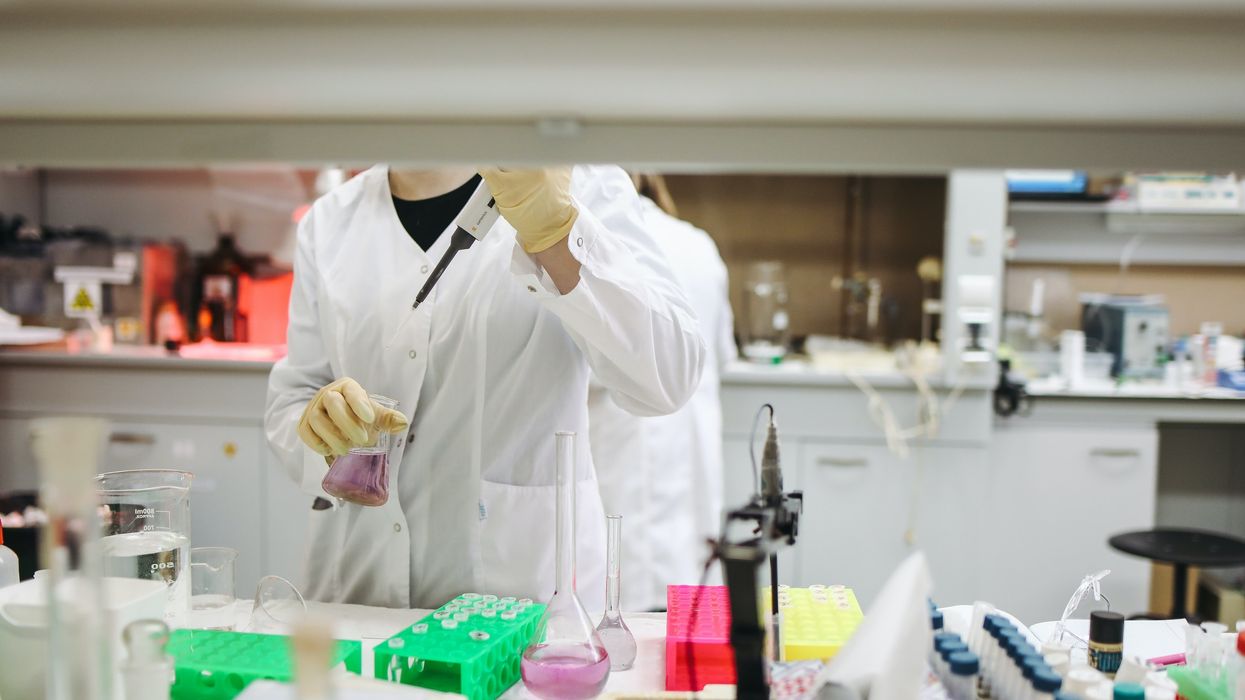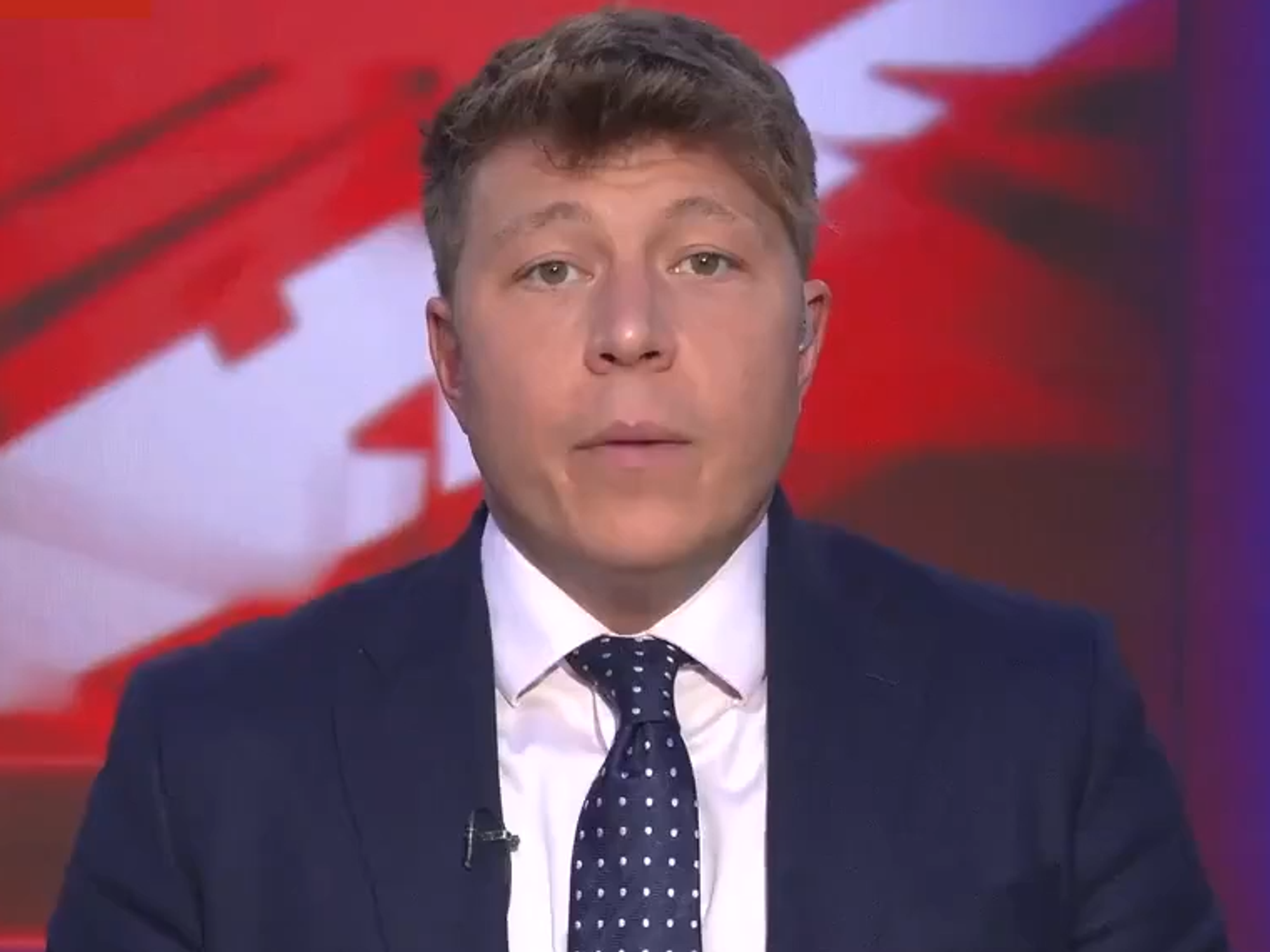Cancer vaccine that shrinks tumours could be used in next five years, experts say

Pexels
|A treatment which can shrink tumours and stop cancer from coming back could be rolled out in the next five years, according to experts

The new treatment could stop cancer from coming back
Don't Miss
Most Read
A treatment which can shrink tumours and stop cancer from coming back could be rolled out in the next five years, according to experts.
Scientists say their research has reached a turning point and though the treatments are being called vaccines, they aren't traditional vaccines which prevent disease but stop it from getting worse and returning.
Researchers in the US have targeted specific types of cancer, including breast and lung cancer, with the experimental treatment.
Treatment for deadly skin cancer Melanoma and pancreatic cancer have also been trialled this year.

Pexels
|Researchers in the US have targeted specific types of cancer, including breast and lung cancer, with the experimental treatment
"We're getting something to work. Now we need to get it to work better," Dr James Gulley, who helps lead a centre at the National Cancer Institute which develops immune therapies, told The Mirror.
Cancer vaccines, like other immunotherapies, boost the immune system so it can find and kill cancer cells.
Some new ones use mRNA, which was developed for cancer but used first for Covid vaccines.
Dr Nora Disis of UW Medicine's Cancer Vaccine Institute in Seattle explained that for a vaccine to work, it needs to teach the immune system's T cells to recognise cancer as a danger.
She said: "If you saw an activated T cell, it almost has feet. You can see it crawling through the blood vessel to get out into the tissues."
Progress has been challenging for the treatment vaccines with the first, Provenge, being approved in the US in 2010 to treat prostate cancer that had spread.
Early cancer vaccine research lost momentum as cancer developed and outlasted patients' weakened immune systems, said vaccine researcher Olja Finn, based at the University of Pittsburgh School of Medicine.
"All of these trials that failed allowed us to learn so much," Finn said.

Pexels
|Cancer vaccines, like other immunotherapies, boost the immune system so it can find and kill cancer cells
In Philadelphia, Dr Susan Domchek, director of the Basser Center at Penn Medicine, is rounding up 28 healthy people with the BRCA mutation for a vaccine test.
The mutation is known to increase the risk of breast and ovarian cancer.
Dr Steve Lipkin, a medical geneticist at New York's Weill Cornell Medicine said: "Vaccines are probably the next big thing" in the fight to reduce cancer deaths.
"We're dedicating our lives to that," he added.










